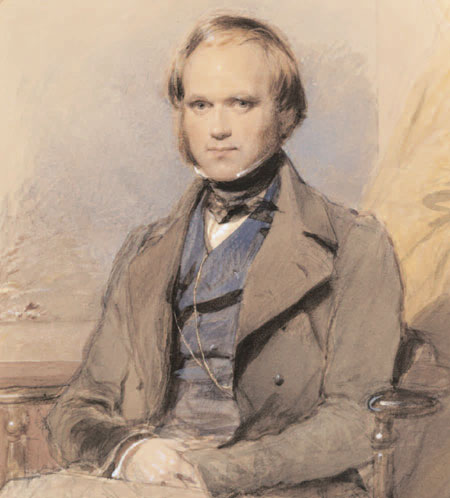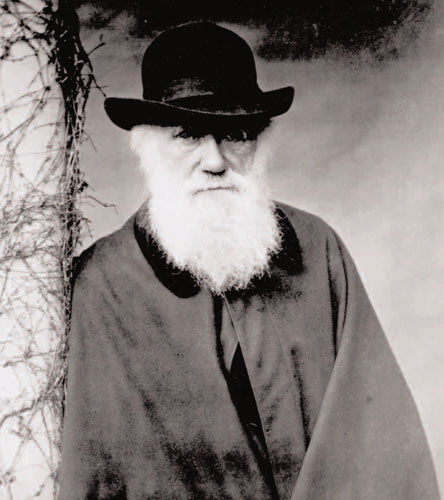One of my favorite authors, John Updike, writes about the challenges facing an aging writer:
I can appreciate the advantages, for a writer, of youth and obscurity. You are not yet typecast. You can take a cold view of the entire literary scene. You are full of material -- your family, your friends, your region of the country, your generation -- when it is fresh and seems urgently worth communicating to readers. No amount of learned skills can substitute for the feeling of having a lot to say, of bringing news. Memories, impressions and emotions from the first 20 years on earth are most writers' main material; little that comes afterward is quite so rich and resonant. By the age of 40, you have probably mined the purest veins of this precious lode; after that, continued creativity is a matter of sifting the leavings ...If only I could write like this...at any age!
A few images, a few memorable acquaintances, a few cherished phrases, circle around the aging writer's head like gnats as he strolls through the summertime woods at gloaming. He sits down before the word processor's humming, expectant screen, facing the strong possibility that he has already expressed what he is struggling to express again ...
With ominous frequency, I can't think of the right word. I know that there is a word; I can visualize the exact shape it occupies in the jigsaw puzzle of the English language. But the word itself, with its precise edges and unique tint of meaning, hangs on the misty rim of consciousness ...
When, against my better judgment, I glance back at my prose from 20 or 30 years ago, the quality I admire and fear to have lost is its carefree bounce, its snap, its exuberant air of slight excess. The author, in his boyish innocence, is calling, like the sorcerer's apprentice, upon unseen powers -- the prodigious potential of this flexible language's vast vocabulary. Prose should have a flow, the forward momentum of a certain energized weight; it should feel like a voice tumbling into your ear.
An aging writer wonders if he has lost the ability to visualize a completed work, in its complex spatial relations ...

